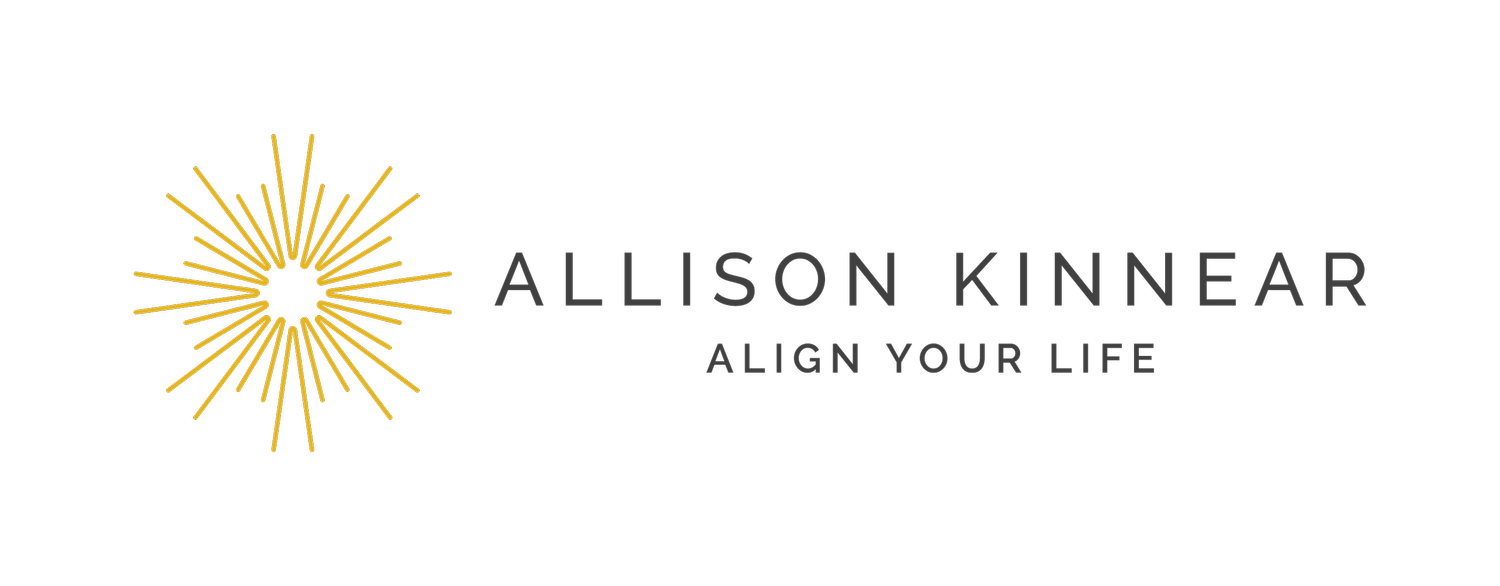Difficult Conversations Part III: Compassionate Honesty
As a peacekeeper, I'm good at blending in, not having too strong of an opinion, and making others happy. This worked great as a child and in collaborative situations. But as a first-time leader, it was my kryptonite.
I felt like I was speaking up, but no one heard me. In reality, I was too soft-spoken, hesitant, and afraid about how the other person felt.
I was ineffective at communicating what was needed and what I wanted. I muddled any potential conversations with caveats, soft-shoeing, and "No, it's really OK!" when things were definitely not OK.
I was all Compassion and no Honesty.
...
I once had a boss who had the opposite problem. She rarely listened to opinions that weren't her own. She would swoop in, berate people while throwing in direct feedback, then disappear.
Her “difficult conversations” were akin to a Smash and Grab.
There was no room for dialogue, curiosity, or respect. While it may have been “direct” communication, it left a trail of confusion and frustration in its wake because no one understood what had just happened, nor had a plan for how to move forward.
She was all Honesty and no Compassion.
...
When having difficult conversations, the goal is to strike a balance between Compassion and Honesty.
Compassion helps you connect with the other person, listen carefully, and be open to a bigger picture that you may not see from your current point of view.
Honesty helps you be clear and stay focused on the problem you're trying to solve. It allows you to be direct and candid about it without apologizing or detracting.
The image that always comes to me is one of sitting across the table from someone. The goal is to put the issue in the center of the table, invite curiosity, and discuss it.
If one leans too hard on the Compassionate side, they will keep the issue close to themselves, hardly letting the other person see it. “Oh, it's probably all me. It's OK, I'll deal with it.”
If one leans too hard on the Honesty side, they will push the issue as far away from themselves, sometimes tossing it at the other person. “The problem is definitely you.”
One of my favorite tools to ensure you stay balanced with Compassionate Honesty is Brene Brown's Engaged Feedback Checklist.
I like this tool because it keeps the conversation grounded in connection, curiosity, and clarity, which is what Compassionate Honesty is all about.
